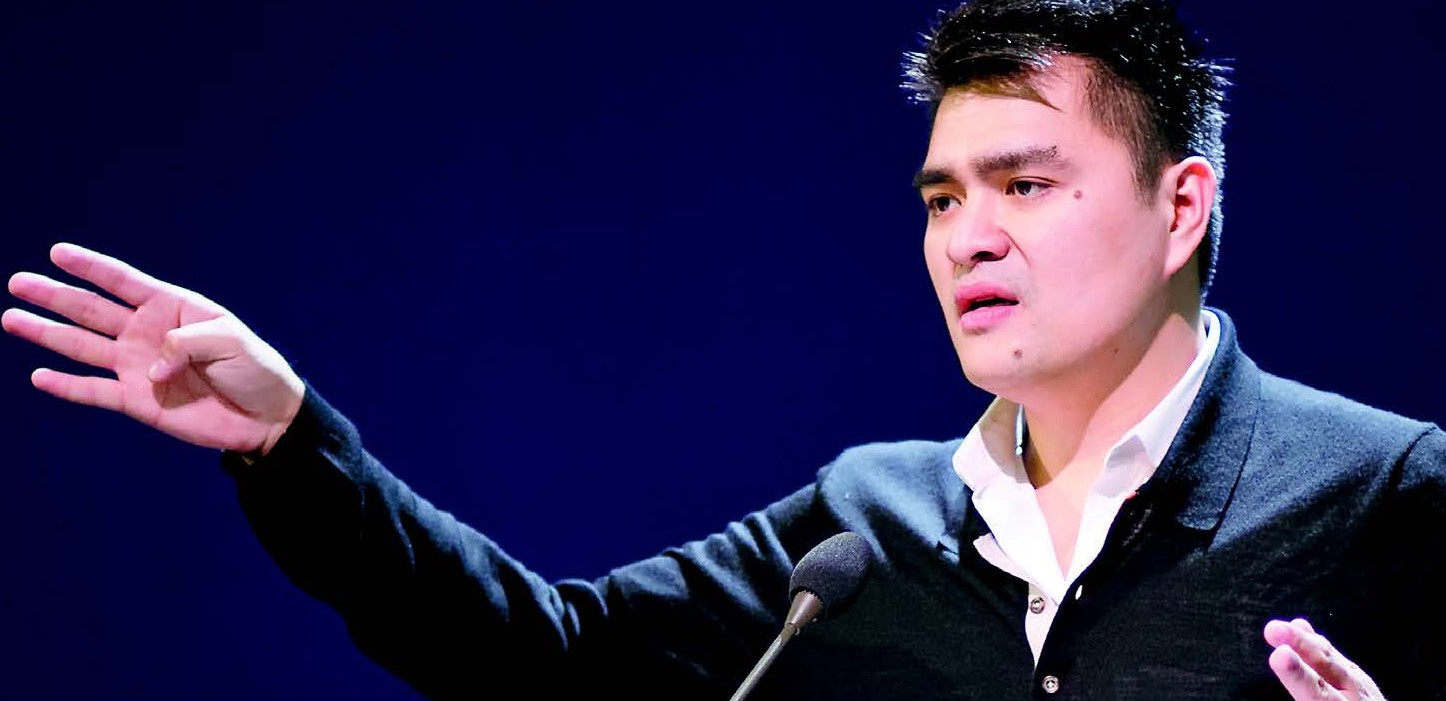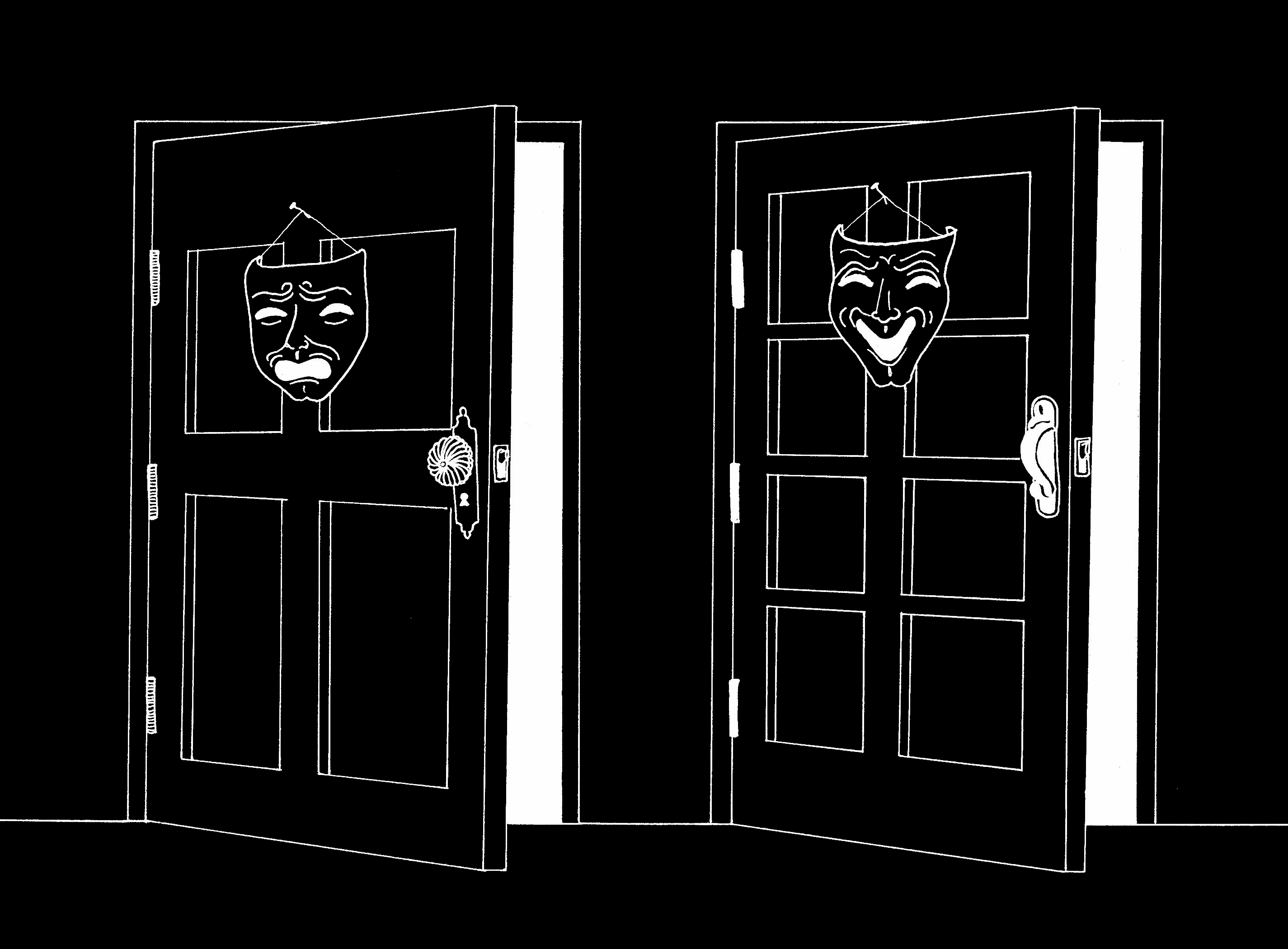The Value in Silence
It has happened to me several times: I will get a good score on an exam, be pulled aside by the professor, and asked to participate more in class; they will assure me that if I do not comply on my own, they will call on me. I can imagine that this is situation sounds familiar to many students who hate talking in class. Being forced to do so can be nerve wracking, and is definitely not conducive to learning.
Yet, in the majority of class syllabi “participation” is listed as part of the final grade. Professors expect students to demonstrate that they understand the material, not by scoring high on exams, but by talking.
One of my favorite books is “Quiet: The Power of Introverts in a World That Can’t Stop Talking.” Here Susan Cain writes about the U.S.’s obsession with extroverted people, especially in college classrooms where professors downgrade students who won’t talk in class, and constantly require students to work in groups.
Through interviews with students from China, she contrasts the Chinese educational system with America’s. In China, the ability to listen in highly valued. Introspective people are seen as capable and wise, whereas the West tends to value, in virtually any circumstance, those who are comfortable being loud.
The Chinese students were amazed by the American professors encouragement of any comments students had to offer, despite the fact that they were often absurd and unrelated. The Chinese students felt it was a waste of time, and avoided raising their hands to talk because they preferred to hear what the professor had to say. They studied hard, and were academically advanced, however they felt less valued in the classroom than their louder counterparts.
I am not against participatory classrooms; I understand the value of exchanging different views, and I do not consider this a waste of time. However, I would also argue that there are introverts and extroverts. We each learn differently. There are people who love to talk in class, and there are people who would simply prefer to listen, and that should be acceptable.
This is especially true in American university settings where we pride ourselves on striving for diversity in race, gender, sexual orientation, etc., but we find it so difficult to accept personality types that prefer conservative behavior to being loud and bold.
The classroom, just like the world, needs both types of people in order to function properly.


